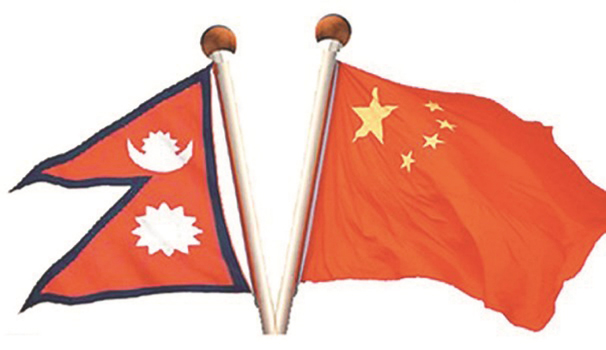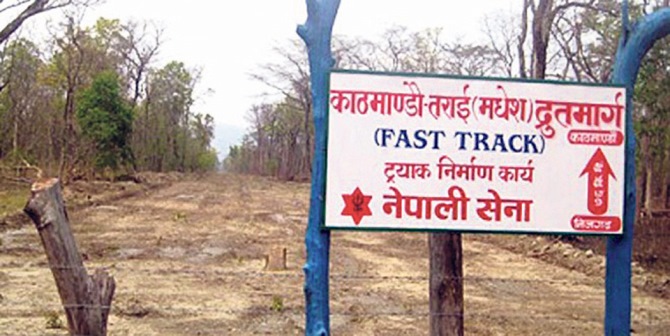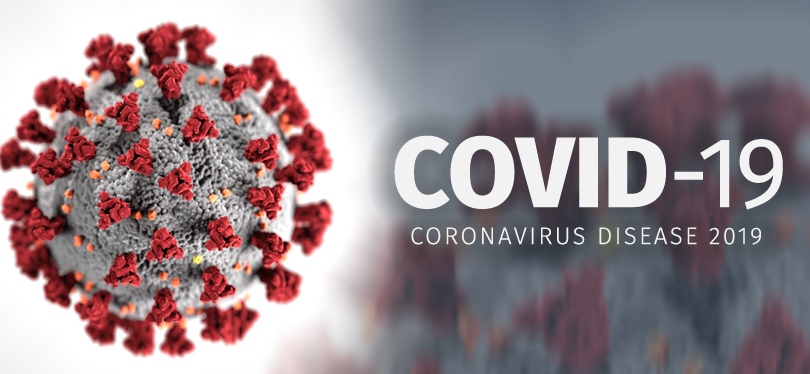Policemen implementing lockdown on roads are prone to COVID-19
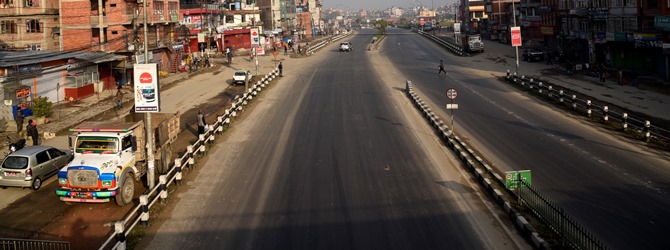
By Purushottam P Khatri
Kathmandu, Mar. 27: Policemen across the country are in front line these days after the government clamped a week-long lockdown to control possible transmission of coronavirus in Nepal.
But to a great dismay, a question obviously arises in everyone’s mind how safe they are in the field--on the roads and major cities and rural areas, from the virus.
Policemen can be seen on the roads every day and are even visiting our residential areas without any precaution tools, neither gloves nor a protective surgical mask to keep themselves safe.
Majority of the policemen can be seen without proper face masks and gloves in their hands.
Security men deployed to implement the lockdown enforced by the government come close to the people and riders asking questions and requesting the vehicle owners to produce documents and licenses and special passes issued by the District Administration Office, Kathmandu.
While observing some of the scenes of Kathmandu on Wednesday and Thursday morning, security men in the field to control human movements and vehicles during the lockdown were found directly coming into contact with one another and vehicle owners without taking precautionary measures.
Some of the police personnel were, however, seen with just masks that are made up simply by clothes instead of medical N90 and N95 masks as prescribed by the doctors.
Observing some of the security scenes of the places at Dhungedhara near Sano Bharyang, Banasthali Chowk, Balaju Chowk, Bishnumati Bridge and Sorhakhutte areas, and New Road, majority of the security personnel were found not wearing gloves, medical masks and maintaining a minimum of one metre distance while talking to the vehicle owners and even their colleagues.
Although the policemen were found maintaining the limited number of security men during their security check, they were not found aware of their personal safety and that of vehicle owners travelling by applying basic precaution measures to minimize the risk of transmission of the virus.
When asked to quote them by mentioning their names, some junior police personnel, who were in the field, denied doing so, but suggested talking to their seniors and commanders of the respective units.
According to Deputy Inspector General and chief at Metropolitan Police Office, Ranipokhari, Bishwa Raj Pokharel, 11,500 policemen in the Valley are under the command of Metropolitan Police Office but of them only about 9,000 are currently in their work stations.
Directly or indirectly, all these policemen from junior to senior levels came to physical contact or conservation every day, said DIG Pokharel. “But, despite having necessary precautionary equipment to mitigate the risk of the virus, we are urging all our staff members to give high priority to frequent hand washing, and use whatever types of mask,” he said.
In police and other security bodies, a chain of command works in the force, so every day our junior police personnel talk to their seniors physically, and so is the process up to the higher post, he said.
In such a case, if only one police staff is infected with the virus, there is high risk of its transmission across all the staff members in the force, DIG Pokharel said.
Even at Sukraraj Tropical Infectious Disease Hospital (STIDH), some of the policemen are forced to implement the order of the government and providing security to the hospital without any precautionary equipment to them. STIDH is currently the spot where both infected and suspected patients reach for treatment.
Senior Superintendent of Police (SSP) and spokesperson at Nepal Police Headquarters, Umesh Raj Joshi, said that the Headquarters was forced to implement the government’s order of the lockdown, and in such a situation, security personnel in absence of required precaution methods and logistics, are too at high risk of the transmission of the virus.
Recent News

Do not make expressions casting dout on election: EC
14 Apr, 2022
CM Bhatta says may New Year 2079 BS inspire positive thinking
14 Apr, 2022
Three new cases, 44 recoveries in 24 hours
14 Apr, 2022
689 climbers of 84 teams so far acquire permits for climbing various peaks this spring season
14 Apr, 2022
How the rising cost of living crisis is impacting Nepal
14 Apr, 2022
US military confirms an interstellar meteor collided with Earth
14 Apr, 2022
Valneva Covid vaccine approved for use in UK
14 Apr, 2022
Chair Prachanda highlights need of unity among Maoist, Communist forces
14 Apr, 2022
Ranbir Kapoor and Alia Bhatt: Bollywood toasts star couple on wedding
14 Apr, 2022
President Bhandari confers decorations (Photo Feature)
14 Apr, 2022
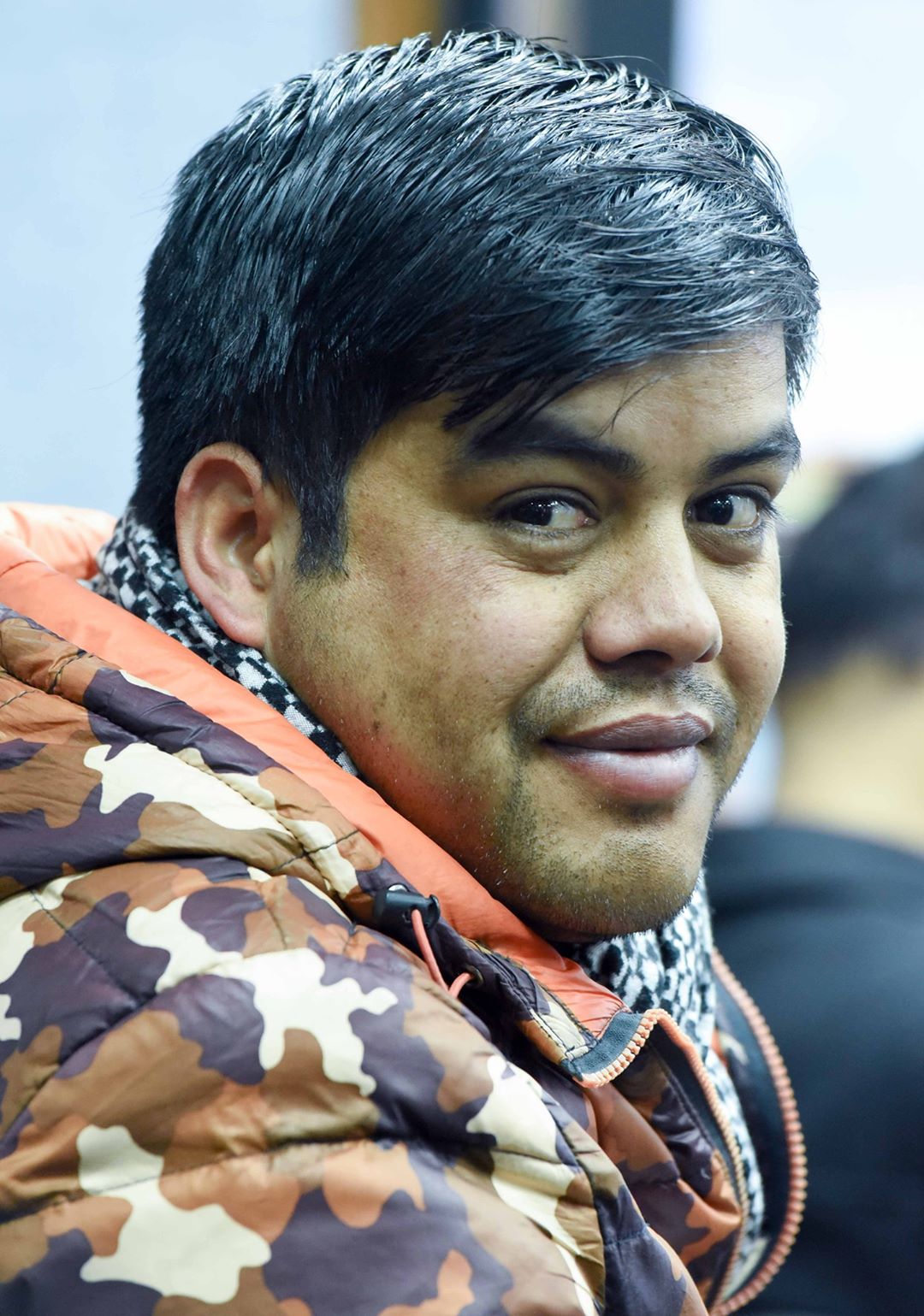


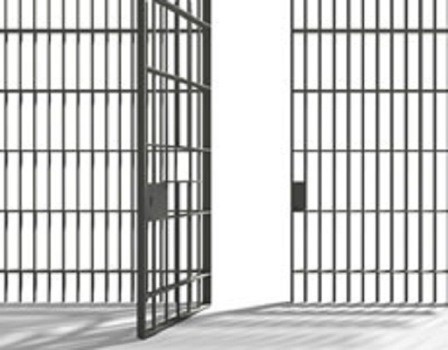
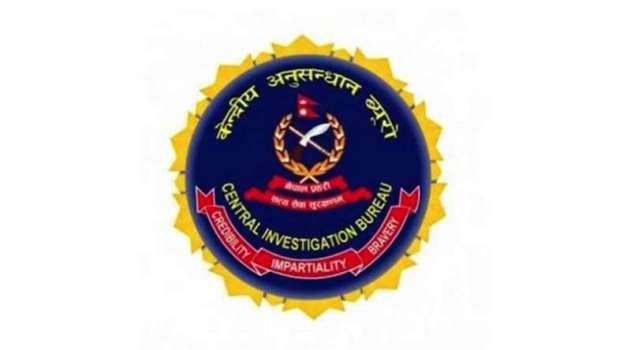
.jpg)

